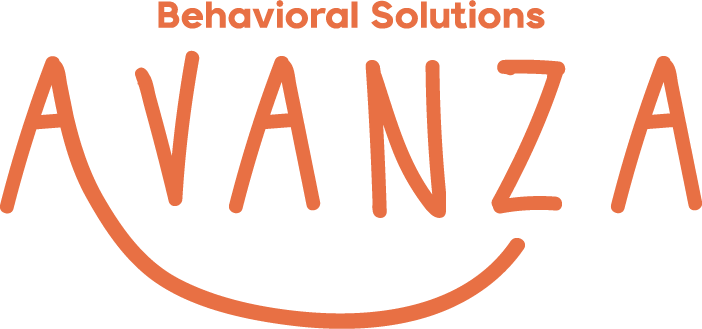5 ESSENTIAL AUTISM INSIGHTS BEFORE THE YEAR ENDS
As we approach the end of the year, it’s an ideal time to reflect on the things we’ve learned and the progress we’ve made. One important area that deserves more attention is autism—an aspect of human diversity that is often misunderstood or oversimplified. Here are five essential autism insights that can help deepen your understanding and make the world a more inclusive place for everyone:
1. Autism is a Spectrum
Autism is not a one-size-fits-all condition. It’s a spectrum, which means that no two people with autism are alike. The experiences, abilities, and challenges of individuals on the autism spectrum vary widely—from mild traits that go unnoticed to more intense needs that require significant support. Some may struggle with social interactions or communication, while others may have extraordinary abilities in fields like mathematics, art, or music. Understanding that autism encompasses a broad range of experiences is crucial for fostering empathy and providing appropriate support.
2. Early Diagnosis Changes Everything
Getting an autism diagnosis early in life can significantly improve outcomes. Early identification allows for timely interventions, support, and strategies that can help individuals with autism navigate the world more successfully. The earlier a person receives help, the better the chances of overcoming challenges in communication, social skills, and learning. With the right support, individuals with autism can thrive in their personal and professional lives. Early diagnosis isn't just beneficial for the person on the spectrum—it can help families, educators, and communities create a supportive environment.
3. Awareness and Acceptance Matter
Autism is not an "illness" that needs to be cured—it's a different way of experiencing and interacting with the world. Promoting inclusion, understanding, and respect for neurodiversity can make a world of difference. Individuals with autism are often highly intelligent, creative, and have unique perspectives that should be celebrated. Creating spaces that value these differences fosters a more inclusive society for all.
4. Autism Isn’t Just for Kids
One common misconception about autism is that it’s something that only affects children. In reality, autism is a lifelong condition, and many adults continue to navigate its challenges long after childhood. In fact, adults on the autism spectrum often face difficulties in finding employment, making friends, and accessing appropriate support. But many also excel in careers that leverage their unique strengths—especially in fields like science, technology, engineering, mathematics (STEM), and the arts.
5. Neurodiversity is a Movement
The neurodiversity movement advocates for the recognition and celebration of neurological differences as a natural part of human diversity. Autism is a key part of this movement, the neurodiversity movement seeks to highlight the value of people with autism and other neurodevelopmental conditions. Just as we celebrate cultural and ethnic diversity, it’s time to embrace cognitive diversity. Everyone has unique qualities and contributions to offer, and it’s important to foster environments where differences are valued rather than stigmatized.
As we close out the year, let’s take a moment to reflect on how far we’ve come in understanding autism—and how far we still have to go. These five insights are a great starting point for a more informed, compassionate approach to autism. By fostering awareness, acceptance, and inclusion, we can help create a society where everyone, regardless of neurological makeup, has the opportunity to thrive.


